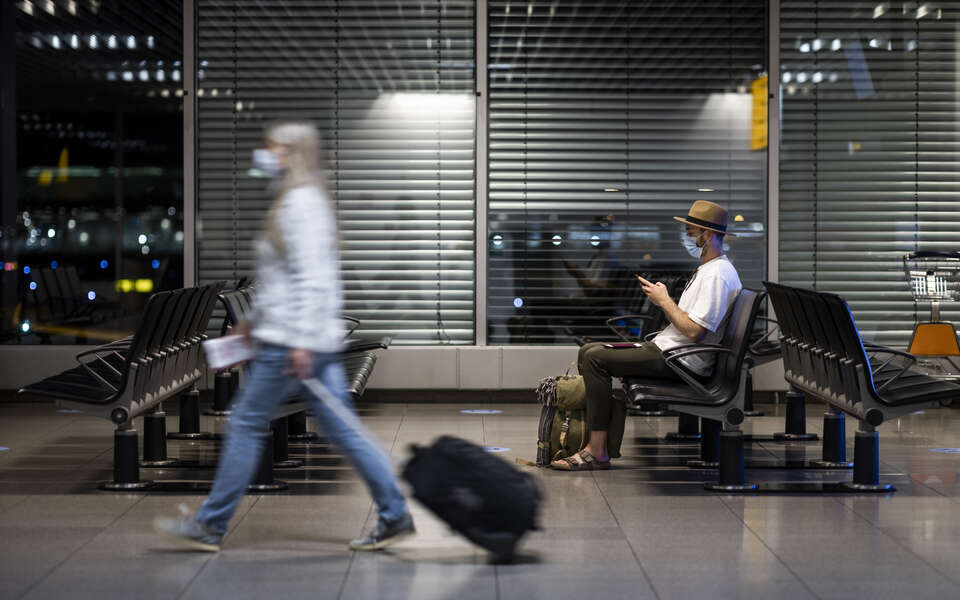
On July 23, the World Health Organization declared monkeypox a global public health emergency, of international concern. This designation was assigned due to the 16,000 cases of the virus across 60 countries that have been reported since May, according to Vox.
“We have an outbreak that has spread around the world rapidly through new modes of transmission, about which we understand too little, and which meets the criteria in international health regulations,” World Health Organization Director-General Tedros Adhanom Ghebreyesus said while announcing the decision during a live broadcast.
Essentially, this designation is aimed at helping contain monkeypox and making vaccines and treatments for the illness more widely available. Monkeypox is not a new disease like COVID-19, and there are several things already known about the virus. It can spread through skin-to-skin contact between people, and by handling, eating, or caring for monkeys and rodents. Here’s what you need to know, especially as a traveler.
What are the monkeypox risks while traveling?
As stated above, monkeypox can be contracted through skin-to-skin contact, close intimate exchanges like kissing, cuddling, and sex, and from animals to humans. According to the Centers for Disease Control and Prevention, it can also be spread by coming in contact with items that are contaminated with infectious fluids or came into contact with by an infected rash.
The UK National Health Service advises that if you are planning on traveling you should “avoid close, including sexual contact, with someone who is unwell and may have monkeypox.” If you plan on having sex while traveling, make sure to practice safe sex. Considering the cautionary advice in regards to traveling around COVID-19, practicing those same precautions will also help in protecting yourself from monkeypox and other viruses as well.
The Canadian government advised travelers to be prepared for additional precautions in regards to monkeypox. If you contract the virus, you may be expected to quarantine for 21 days.
Is there a vaccine for monkeypox?
Because monkeypox is not a new illness, there are existing pox vaccines that can help protect vulnerable people from infection, or more severe infections. In New York City, the monkeypox vaccine is currently available to people aged 18, are a gay, bisexual, or other man who has sex with men and/or are transgender, gender non-conforming, or non-binary, and have had multiple or anonymous partners in the last 14 days. This community is being prioritized in several countries because some of the first recorded transmissions in 2022 were occurring within the gay community.
On the CDC website, you can find out if you are eligible for a vaccine in your area.
What are the symptoms of monkeypox?
Whether you plan on traveling soon or not, these are the symptoms you should be aware of, according to the CDC. The symptoms are listed below:
- Fever
- Headache
- Muscle aches and backache
- Swollen lymph nodes
- Chills
- Exhaustion
- A rash that can look like pimples or blisters that appears on the face, inside the mouth, and on other parts of the body, like the hands, feet, chest, genitals, or anus.
If you are experiencing these symptoms, you should contact your healthcare provider.
The CDC first issued a travel advisory for monkeypox for Memorial Day weekend in 16 countries. Keep an eye out for additional information from the CDC for any further travel cautions.








